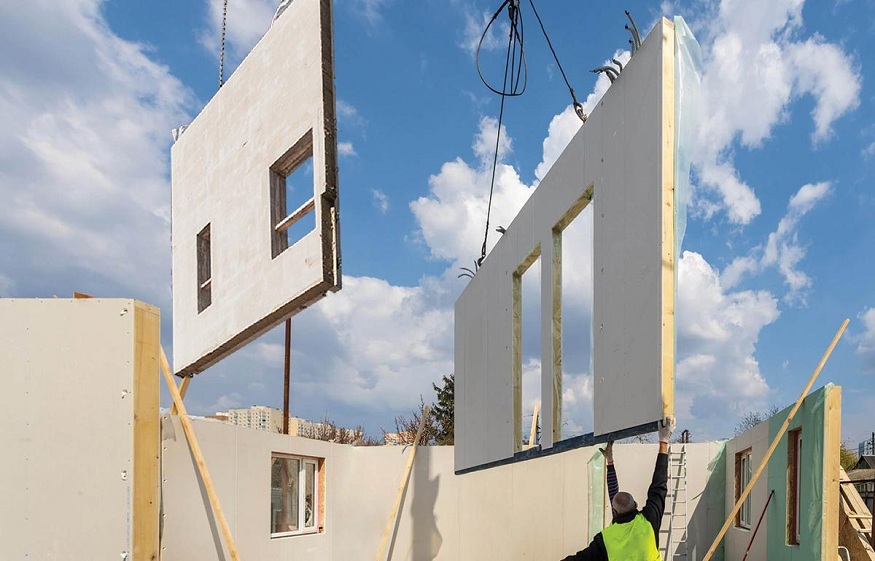
A construction project can only be fruitfully completed if it has a solid foundation. The pre-construction or planning processes of these projects are equally important as the on-site construction. Reddy Kancharla points out that there are numerous pre-construction planning stages that a contractor needs to take care of to make sure that their project is completed in a smooth manner. The whole point of pre-construction planning is to carefully analyze and evaluate each and every aspect of the project, including construction costs, raw materials, design, and technologies, to make sure there is no room for error in the on-site construction process.
The pre-construction checklist for a construction job must include all possible scenarios and contingency that one may encounter during the process. According to Reddy Kancharla, the client works closely with the construction team in this phase, in order to develop detailed schedules, budgets, drawing, and manpower projections. Mr. Kancharla is an experienced professional belonging to the construction industry, and has been involved in the corrective action planning of multiple building and roadway construction projects in the metropolitan New York area. His extensive industry experience makes him a perfect candidate to discuss pre-construction processes.
According to Reddy Kancharla, the client and the construction company would have to map out the most vital components of the project. Here are the key outputs of the pre-construction phase as per him:
- Project scope: The very first step of pre-construction planning would be to properly define the scope of the project, as in what exactly the client desires from the projects. The clients must underline their space, scheduling, and design requirements in this phase, in addition to their key objectives from the projects.
- Project budget: As soon as the preliminary project goals and objectives for the projects have been established, the budget of the project needs to be set. The client and the construction team need to work together to come to the budget that is feasible for everyone involved. The construction team may also provide alternative solutions and costs to the clients, if needed.
- Project details: After having a clear idea about the project scope and budget, it would be the time to make plans for various key aspects of the project, such as its layout, size, theme, quality, building materials, technologies involved, and do on. Once the design of the structure is finalized, a plan can easily be developed to competently execute each and every phase of construction with the utmost efficiency.
- Project team: The role of a construction company in pre-construction becomes a lot more visible as a project tends to move towards the latter stages of design. In order to competently prepare the bid packages for diverse segments of the project, potential subcontractors need to be identified who shall have both the capability and capacity required to complete the project within the time-frame.
In the opinion of Reddy Kancharla in addition to the components mentioned above, the project permits and inspections are also taken care of in the pre-construction phase.



